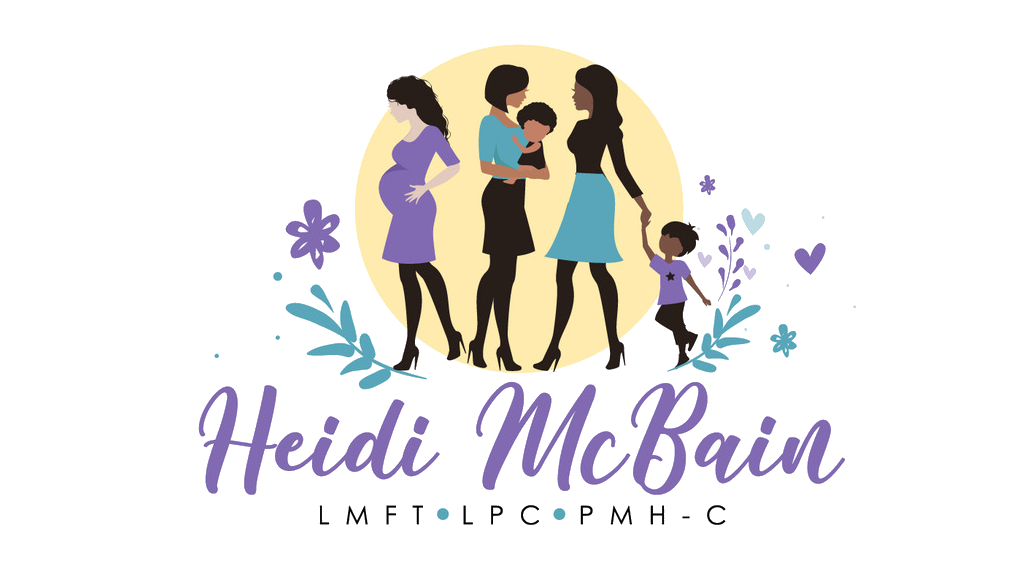*Note: This is a joint blog post with my colleague, Laura Carr, from https://www.cfmrsandiego.com/

Hold yourself back, or heal yourself back together. You decide.
–Brittany Burgunder
The Oxford dictionary defines trauma as a deeply distressing or disturbing experience.
Our working definition of trauma is:
Trauma does not discriminate. It is the body and brain’s response to a deeply distressing or disturbing event that overwhelms an individual’s ability to cope, causes feelings of helplessness and overwhelm, diminishes their sense of self and their ability to feel the full range of emotions and experiences.
Many can easily accept what is sometimes referred to as big ‘T’ traumas (war, physical or sexual assault or natural disasters). Large ‘T’ traumas also includes prolonged exposure to war, child abuse, neglect, violence or bullying.
Small ‘t’ traumas are equally devastating but often seem less valid. Examples of these are change in job, divorce, infidelity, death in the family, frequent yelling, rigid family structures, family secrets, financial struggles, chronic stressors, legal battles, new sibling, moving, and any other events that felt overwhelming to the individual’s system.
Here are some common symptoms of trauma (Keep in mind, you do not have to have ALL of these symptoms, but these are symptoms that individuals who have trauma often experience):
- Pervasive anxiety
- Typical depression or high functioning depression
Struggles with emotions (“feeling crazy”, reactive, overwhelmed easily by your feelings, outbursts, easily angered, told you have anger issues, etc.) Also, certain behaviors, personality types, smells, sounds can “set you off” or send you into a “shut down” completely by surprise
- Disassociation, withdrawal, emotional collapse
- Fight, Flight, Freeze, Fawn responses
- Somatic issues (health issues, nausea, headaches, appetite changes, sleep changes, body pain, tummy issues)
- Nightmares and insomnia
- Addiction issues
- Hypervigilence
- Easily startled
- Difficulty maintaining healthy relationships
- You use substances to get through specific things (sex, social events, etc.)
- Intense body sensations
- Completely cut off from body sensations
- Deep insecurity
What else would you add to this list?
Did you know trauma can also have a major impact on all of our relationships?
Here are some ways that trauma can impact our romantic relationships:
- Increased irritability
- People pleasing
- Withdrawal
- Anxiousness
- Need for control
- Picking fights with loved ones
- Sabotaging relationships
- Feeling like the victim (it’s usually the other person’s fault)
- Powerlessness (it’s always my fault)
- Hypervigilence (overprotective of loved ones)
What else would you add here?
Past trauma can also impact how we parent our children. Here are some ways this can show up in parenting:
- Blindly following modeled parenting patterns
- Fear around repeating dysfunctional parenting patterns
- Helicopter parenting
- Hypervigilance
- Not setting clear boundaries and structure for your kids
- Being too lax about consequences for negative behavior
- Not being a united front with your partner/not aligned with them
- Wanting to be a friend (not a parent) to your children
- Feeling overwhelmed- trouble meeting your needs and everyone else’s needs in the family
- Shutting down emotionally and feeling emotionally flooded at times
How else can past trauma impact parenting?
It’s so important to create time and space to take great care of you when you are working to lower your trauma related symptoms. Here are some self-care ideas to help you lower any trauma related symptoms showing up in your life:click this over here nowwatch replicameilleur coque telephoneelf bar rechargeable vapephone cases near mephone case makerfind
- Meditation or being still
- Time in nature
- Time with animals
- Supportive friendships
- Moving your body
- Identifying and allowing of all emotions
- Dis-identifying with the experience (“you are not your thoughts/emotions/behavior/trauma”)
- Take a bath/shower
- Dance
- Listen to your favorite, empowering music
- Take a nap
- Make yourself a loving meal
- Stop and take a few conscious breaths
- Ask for help or help someone else out
- What would you say to someone you love? Can you offer that to yourself in this moment?
What else would you add here to help lower trauma related symptoms?
Finally, here are some treatment options for trauma:
- EMDR
- Somatic Experiencing
- Talk Therapy
- Nature Therapy
- Movement Therapy (dance, martial arts, exercise)
- Body work (massage, Reiki, etc.)
What other treatment options for trauma did we forget to list here?
Thanks so much for joining us for this joint post on trauma. We hope you learned something helpful that you can take back into your own life and to help you with your own healing. We’re sending lots of love and compassion your way!






